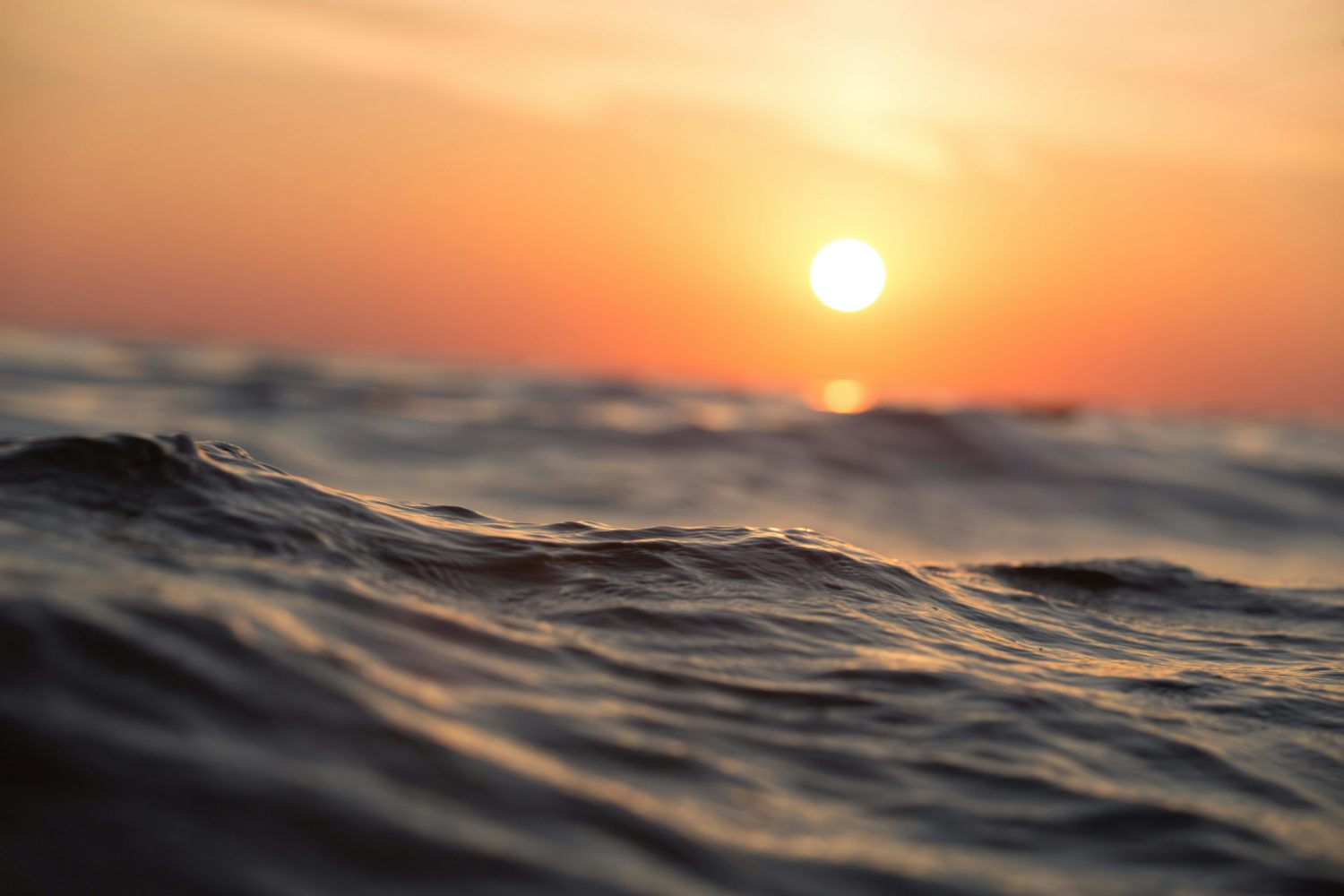
Luxury travel is more than just extravagant accommodations and lavish amenities, it’s about creating experiences that leave a lasting impression on the soul. It’s about immersing oneself in the culture, history, and natural beauty of a destination in a way that is both captivating and enriching. For instance, engaging with the culture and history of ancient civilizations through interactive experiences like the 3 Kingdoms – Battle of Red Cliffs Demo can offer a unique, enriching insight into the epic tales and heritage that shaped them.
Sustainability, on the other hand, is a philosophy that emphasizes the importance of responsible stewardship – of treading lightly on the earth and leaving behind a positive legacy for future generations. It’s about striking a balance between indulgence and conservation, ensuring that our travels not only delight us but also contribute to the well-being of the planet and its inhabitants. In a world where environmental concerns loom large, the notion of luxury is undergoing a profound transformation. Now, everything is being evaluated through sustainability – a guiding principle that redefines luxury by infusing it with ethical considerations and a commitment to preserving our planet’s precious resources.
Integrating sustainability into luxury travel experiences isn’t just a trend, it’s a necessity born out of a growing awareness of our collective impact on the environment. Luxury travelers are increasingly seeking experiences that resonate with their values – experiences that are not only luxurious but also ethical and sustainable. By incorporating sustainability into the fabric of luxury travel, brands can offer travelers a deeper, more meaningful journey – one that pampers the senses and nourishes the soul. Moreover, embracing sustainability isn’t just about doing the right thing, it’s also a strategic advantage. In an increasingly competitive market luxury travel brands that prioritize sustainability can differentiate themselves and attract a growing segment of eco-conscious travelers who are willing to invest in experiences that make a positive impact on the planet.
The Evolution of Luxury Travel
As the world of luxury travel evolves, one of the most prominent shifts is the changing preferences of consumers towards sustainable practices. No longer satisfied with extravagant experiences alone, modern luxury travelers are increasingly seeking journeys that align with their values of environmental responsibility and ethical stewardship. This paradigmatic transformation has sparked a renaissance in the luxury travel industry, where sustainability is no longer an optional add-on but a core principle driving innovation and creativity.
This evolution in consumer preferences has catalyzed a revolution within the luxury travel sector, prompting brands to rethink their approach and incorporate sustainability into every facet of the travel experience. From eco-conscious accommodations to immersive cultural exchanges that benefit local communities, the new era of luxury travel is characterized by a commitment to leaving a positive impact on both the planet and its people. Ultimately, this shift towards sustainability represents not only a change in how we travel but also a fundamental redefinition of what luxury means in the modern age – an artful fusion of indulgence, elegance, and conscious living.
Sustainable Initiatives in Luxury Travel
Within the realm of luxury travel, sustainability is no longer just a trend but a fundamental ethos shaping the industry. Eco-friendly accommodation options have emerged as a cornerstone of this movement, offering travelers the opportunity to experience opulence while minimizing their environmental footprint. From eco-lodges tucked away in pristine natural settings to sustainable boutique hotels adorned with green features, these accommodations prioritize sustainability without compromising on luxury.
Complementing eco-friendly accommodations are carbon offset programs for transportation, acknowledging the significant environmental impact of travel. Luxury travel brands are empowering travelers to mitigate their carbon emissions by investing in projects that promote carbon neutrality, such as renewable energy initiatives or reforestation projects. By participating in these programs, travelers can embark on their journeys with a heightened sense of environmental responsibility.
Furthermore, luxury travel brands are actively engaged in conservation efforts in travel destinations, partnering with local communities and environmental organizations to protect and preserve the natural wonders of the world. Whether supporting wildlife conservation projects or implementing sustainable tourism practices, these initiatives aim to safeguard the biodiversity and cultural heritage of destinations for future generations to enjoy.
Preserving Exclusivity and Authenticity
Preserving exclusivity and authenticity goes beyond just environmental concerns. It also encompasses the cultural integrity of travel experiences. Luxury travel is not merely about visiting destinations, it’s about immersing oneself in the local culture, traditions and way of life. Luxury travel brands are recognizing the importance of maintaining cultural authenticity, curating experiences that celebrate the rich heritage of each destination. This may involve supporting local artisans, promoting traditional crafts and engaging in sustainable tourism practices that respect and honor the cultural identity of the places visited. By prioritizing both luxury and cultural integrity, luxury travel brands can offer travelers truly transformative experiences that leave a positive impact on both individuals and communities.
Economic and Social Impact
Delving into the world of luxury travel reveals a profound intertwining of sustainability with economic and social realms. Luxury travel brands wield considerable influence in bolstering local economies by infusing capital, fostering job creation and catalyzing tourism growth in various regions. However, their significance transcends mere monetary transactions through sustainable tourism practices, these brands empower local communities to flourish while protecting their cultural heritage and environmental integrity.
Furthermore, sustainable tourism practices serve as a catalyst for social empowerment and cultural exchange within local communities. By actively participating in authentic cultural interactions and supporting community-driven initiatives, luxury travelers gain deeper insights into diverse cultures and contribute to promoting social cohesion and mutual respect. This reciprocal relationship between travelers and local communities fosters a sense of shared responsibility for safeguarding and celebrating the world’s cultural diversity and natural treasures, enriching the travel experience for all involved.
Collaborative Efforts and Partnerships
As luxury travel ventures deeper into sustainability, the importance of collaborative efforts and strategic partnerships becomes increasingly apparent. Luxury travel brands are forging alliances with environmental organizations, recognizing the potent synergy between their objectives. These partnerships allow brands to tap into the expertise and resources of environmental organizations to implement innovative sustainability initiatives. Together they address critical environmental issues such as climate change mitigation, wildlife conservation and responsible tourism practices, thereby contributing to the safeguarding of the planet’s natural beauty and biodiversity.
Furthermore, there is a shared sense of responsibility within the travel industry to champion sustainability. Luxury travel brands, alongside governments, NGO and local communities, are embracing collective responsibility to promote sustainable practices and minimize environmental impacts. Through collaborative endeavors and knowledge-sharing, stakeholders are advocating for policies that prioritize environmental conservation and social responsibility in travel practices. These collaborative efforts and partnerships not only shape the future of luxury travel but also elevate experiences for travelers, ensuring that luxury and sustainability coexist harmoniously for generations to come.
Future Trends and Challenges
As luxury travel continues its journey towards sustainability, it is met with a wave of innovative advancements and persistent challenges. The future of this activity is adorned with innovations aimed at creating unforgettable experiences while prioritizing environmental protection. From eco-friendly accommodations crafted with sustainable materials to immersive nature-based activities that foster a deeper connection with the natural world, luxury brands are redefining opulence through sustainable practices.
However, amidst these promising trends lie challenges that require urgent attention and innovative solutions. High costs associated with implementing sustainable initiatives often pose a barrier, hindering widespread adoption. Furthermore, the lack of standardized sustainability metrics makes it challenging for consumers to make informed decisions about eco-friendly options. Additionally, accessibility to sustainable offerings in remote destinations remains limited, and regulatory frameworks are often inadequate to ensure accountability and transparency in sustainability practices.
Addressing these challenges necessitates collaborative efforts from luxury brands, travelers and regulatory bodies. By fostering innovation, promoting transparency and advocating for stronger regulatory measures, the luxury travel industry can overcome these hurdles and pave the way for a future where luxury and sustainability seamlessly coexist.







